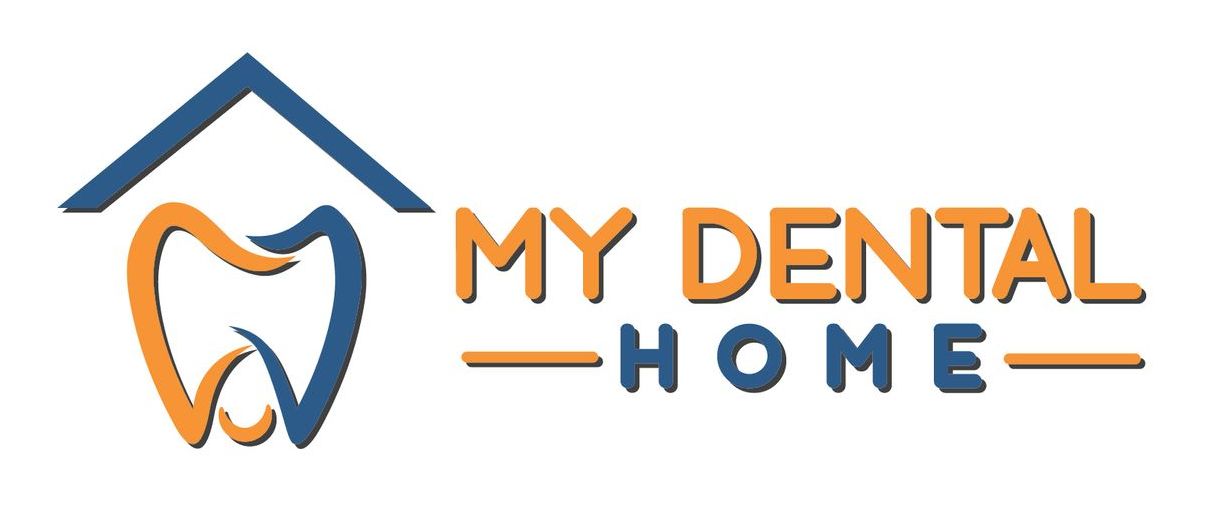A Comprehensive Guide to Selecting the Ideal Dental Implant from My Dental Home
Dental implants are a popular and highly effective solution for replacing missing teeth. They offer numerous benefits, including improved appearance, speech, comfort, and overall oral health. As dental implant technology has evolved, a variety of options have become available, catering to the unique needs and preferences of patients. Choosing the ideal dental implant can be a daunting task, but with the right information and guidance, the process can be much easier. At My Dental Home in Swartz Creek, Michigan, our team of dental professionals is here to help you make the best decision to restore your smile and confidence. In this article, we will discuss the different types of dental implants and provide some essential factors to consider when choosing the ideal solution for your needs.
Understanding the different types of dental implants and factors to consider will help you make the best choice for your individual needs. In this article, we will discuss each type of dental implant in greater detail and offer insights on how to select the ideal implant solution.
Exploring Different Types of Dental Implants
Before delving into each implant type, it's essential to understand the components of a dental implant. A dental implant consists of three parts: the titanium post, the abutment, and the dental prosthesis. The titanium post acts as an artificial tooth root, the abutment connects the post to the dental prosthesis, and the dental prosthesis replaces the visible portion of the tooth. With this understanding, let's explore the various types of dental implants available:
1. Endosteal Implants: Endosteal implants are the most common type and ideal for patients with a healthy jawbone. They involve surgically inserting a titanium post directly into the jawbone. Once the implant has fused with the bone, a custom-made dental crown, bridge, or denture is affixed to the implant via the abutment.
2. Subperiosteal Implants: Subperiosteal implants are designed for patients with insufficient jawbone height and those who do not qualify for bone grafting procedures. Unlike endosteal implants, subperiosteal implants are placed beneath the gum tissue and rest on top of the jawbone. The dental prosthesis is then attached to the implant posts that protrude through the gums.
3. Mini Dental Implants (MDIs): Mini dental implants are smaller in diameter compared to traditional implants and require a less invasive procedure. MDIs are ideal for patients with limited bone density and those looking for a faster, less invasive option. MDIs are often used to stabilize dentures, ensuring a secure and comfortable fit.
4. All-On-4 Implants: All-On-4 implants are a comprehensive solution for patients who have lost all or most teeth in an arch. Using only four strategically placed implants, a fixed, full-arch restoration can be securely attached, providing a complete and natural-looking smile.
Assessing Your Oral Health and Jawbone Condition
Before deciding on the type of dental implant, you need to consider your oral health and jawbone condition. It's essential to schedule a consultation with your dentist, who will thoroughly examine your mouth, take dental X-rays, and assess your overall oral health. Factors that influence the success of dental implants include bone density, gum health, and the presence of any oral infections or diseases. Your dentist will recommend the most suitable implant type based on this information.
Considering the Number of Missing Teeth
The number of teeth you need to replace plays a significant role in selecting the right type of dental implant. If you're missing a single tooth, a traditional endosteal implant with a dental crown may be the best solution. If you have several missing teeth, a dental bridge or partial denture secured by implants may be more appropriate. And if you require a full arch of teeth replaced, an All-On-4 implant solution is an ideal option.
Balancing Personal Preferences and Budget
With various dental implant options available, you must consider your personal preferences and budget. While some implant types may cost less upfront, they may not last as long or provide the most natural-looking results. It's crucial to weigh the pros and cons of each option and discuss your specific needs and expectations with your dentist.
Partnering with an Experienced Dental Professional
Selecting the ideal dental implant solution is best achieved through collaboration with an experienced dental professional. Your dentist will help you explore all potential options and guide you through the decision-making process, taking into account your unique needs, preferences, and budget.
Conclusion
Dental implants are an excellent solution for those looking to replace missing teeth and restore their smiles confidently. By understanding the different types of dental implants and considering essential factors, you can make the best decision for your needs.
At My Dental Home in Swartz Creek, Michigan, our team of implant dentistry experts is dedicated to helping you find the perfect dental implant solution. Contact us today to schedule a consultation and take the first step towards a healthier, more beautiful smile.
Share This Post

